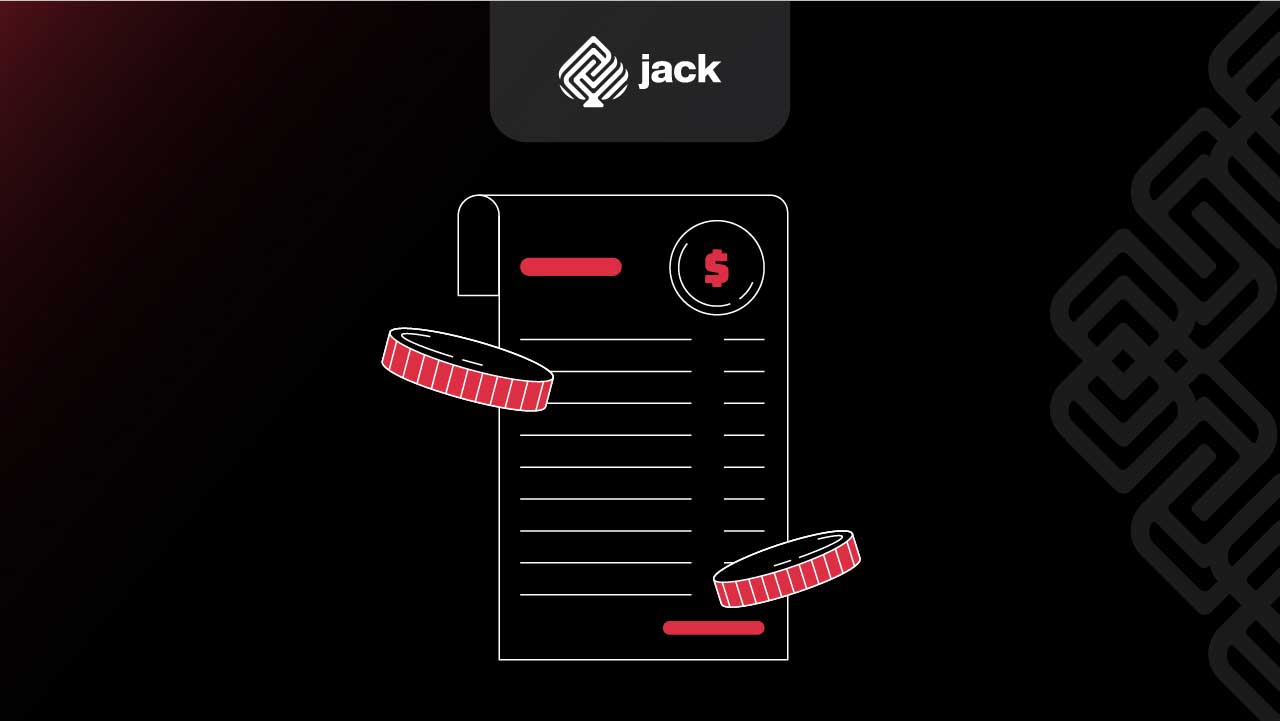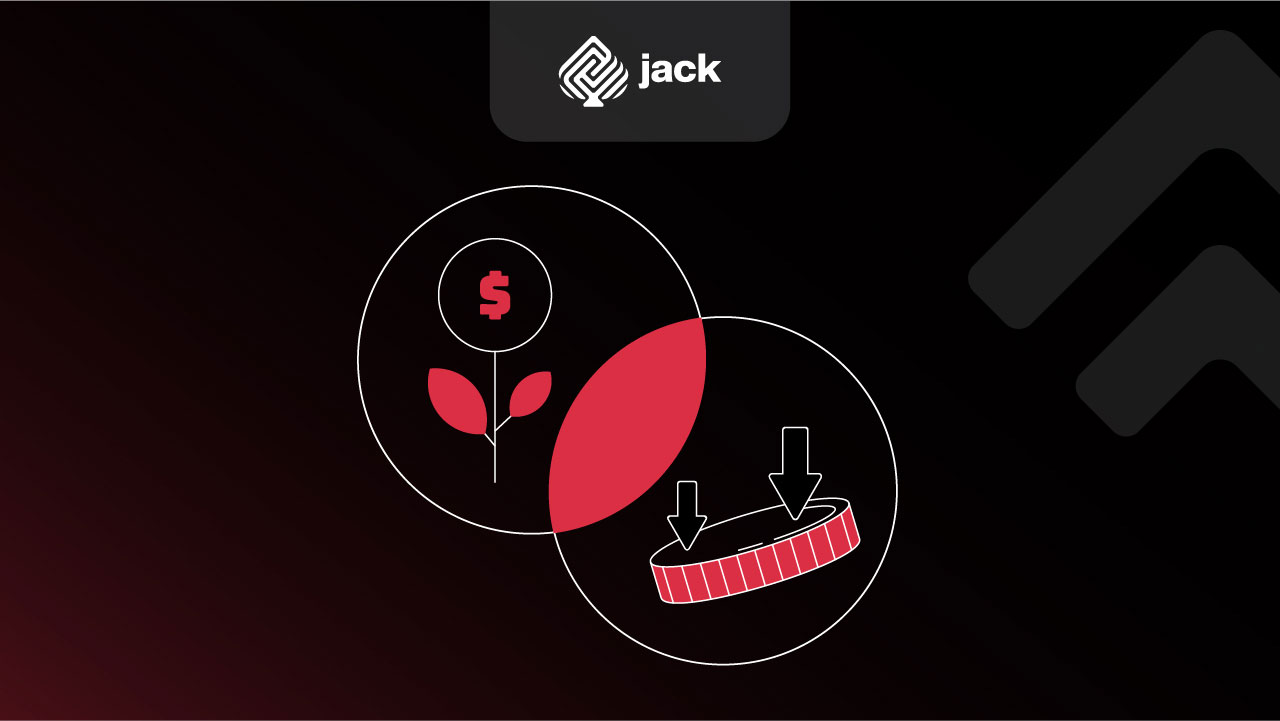Export-import financing can optimize business opportunities, especially in the global market that is now accessible. The global market has become a promising opportunity for business players, particularly in the increasingly prevalent field of export and import.
However, conducting business transactions in the international market is not easy.
Various factors need to be considered by entrepreneurs to ensure the continuous existence of their businesses. One crucial aspect to consider is export-import financing, which plays a vital role in business and is the key to optimizing business opportunities.
Financing allocated for export-import operations is a financial solution that supports cross-border trade activities. In the process of export-import, various issues may arise, and these issues can generally be addressed by using the appropriate financing. The following are some types of export-import financing that can be used to run and develop a business.
Letter of Credit (LC) as Export-Import Financing

A Letter of Credit, often known as LC, is one of the primary types of export-import financing. This term is generally well understood by anyone involved in business, especially those engaged in export and import activities.
LC is essentially a security instrument commonly used in international trade. In export transactions, the buyer typically opens an LC with their bank as a guarantee of payment to the seller. In import transactions, an LC is also usually required.
The buyer’s bank opens the LC as a guarantee of receiving goods from the seller. Therefore, both export and import activities require the creation of an LC for various purposes. An LC itself can provide benefits for both the seller and the buyer, offering security to both parties in export and import transactions.
Bank Guarantees as Export-Import Financing

Another form of export-import financing that business owners need to be aware of is bank guarantees. This term may not be fully understood by startup businesspeople, but bank guarantees are essential in business development, especially in the rapidly growing field of export and import. A bank guarantee is a form of financing that provides payment guarantees to the seller.
Therefore, a bank guarantee is often used as a solution to business issues faced by both importers and exporters. In export-import transactions, a bank guarantee can be used as an alternative when an LC cannot be obtained. A bank guarantee can be viewed as a promise from the bank to pay the seller if the buyer fails to fulfill their obligations.
Therefore, the terms for implementing a bank guarantee should be a consideration for business players.
Factoring as Export-Import Financing

Factoring is another form of export-import financing that involves a factoring company purchasing trade receivables. Typically, in export-import transactions, factoring companies provide financing to exporters by purchasing trade receivables. This is done in a specific way that is common in export and import businesses.
Factoring helps increase the cash flow of exporting companies, as the factoring company buys trade receivables that have not yet matured. Not only that, but factoring also has other important benefits. For example, factoring can reduce the risk of non-payment by the buyer.
Export Credit Insurance

Another familiar form of export-import financing is export credit insurance. This type of payment involves export credit insurance, which serves to protect exporters from the risk of default by the buyer. This insurance provides payment guarantees to the exporter, mainly applied if the buyer is no longer able to meet their obligations.
In essence, the buyer defaults, which tends to disadvantage the seller. Therefore, export credit insurance is necessary. By using export credit insurance, exporters can feel more secure in conducting all international transactions.
Export-import financing essentially provides certainty and security for business players, allowing them to carry out transaction processes, including in the global market. By using the right financing, every business player can optimize business opportunities and take action to reduce potential risks.
However, before using export-import financing, business players need to understand all the requirements thoroughly.
See Also: Easier, Automatic, and Real-Time Transactions with API Disbursement
Moreover, understanding the procedures and process mechanisms is also essential. Therefore, consult your financing needs with financial experts or banking professionals to find the right solution suitable for your business.
Use Jack for your business needs
This is because, in the current era, export-import financing has become a crucial element in conducting international business. By utilizing it effectively, business players can open up more opportunities and develop cross-border trade activities.






